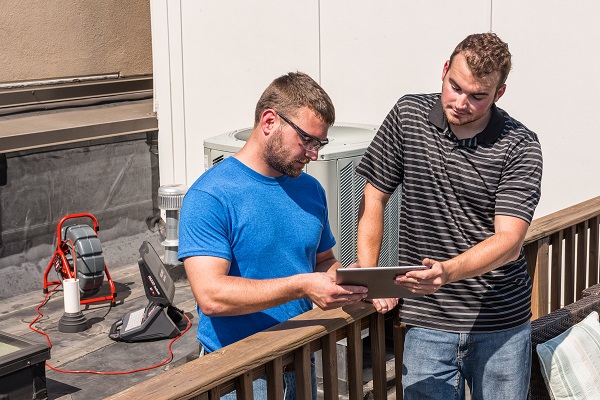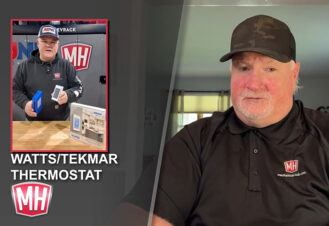It’s no secret that being a plumber can sometimes be a hazardous occupation. When you conduct any plumbing work, you could potentially injure yourself or other people around you, such as your customers, if things don’t go according to plan.
Thankfully, there are some ways you can boost your safety while you’re at a customer’s. Plus, here are a few ideas you can follow to protect your plumbing business from litigation.

Take a look at these examples to see what you can consider for your business:
Check Your Tools Before Each Job
As a plumber, you will undoubtedly use an array of hand and power tools to complete your work satisfactorily. You may also use things like gas torches and even welding equipment, depending on the nature of your work.
It’s crucial that you ensure each tool you use is safe before you commence any work at a customer’s premises. For instance, torches shouldn’t leak gas and potentially cause an explosion.
Get the Right Insurance
You will undoubtedly have some insurance coverage for your plumbing business to protect you against the most common legal threats. For example, one type of cover that all plumbers will have is public liability insurance.
Make sure that your insurance policies provide comprehensive coverage for the type of plumbing work you do. Find out more about what to consider with public liability insurance, especially if you work at industrial premises.
Don’t Take On More Work Than You Can Handle
One of the biggest mistakes that some plumbers make is taking on too much work. For example, some plumbing contractors might attempt to repair unfamiliar equipment or pipework because they don’t want to turn the job down.
The truth is, such decisions are incredibly risky. If you don’t fully know what you’re doing, you could possibly cause a dangerous situation – both for yourself and other people in the vicinity.
You should either turn down the job or sub-contract the unfamiliar elements to suitably experienced plumbers in such situations.
Stock the Parts You Will Likely Need
There’s nothing worse than getting to a job and discovering you don’t have the right parts to complete the work. Such scenarios typically mean plumbers will need to go and purchase those parts and make a return journey to their customer’s premises.
Sadly, some plumbers try to get creative by adapting the parts they have available to them. It might be a concept that can work in certain situations; however, it’s not a recommended option for every case.
Wear the Right PPE
Lastly, you should always make sure that you’re wearing the right PPE (personal protective equipment). Doing so means you have some degree of protection in your work, and you are less likely to cause an injury to yourself or other people.
Safety glasses and gloves are the two most essential PPE items you should always have at your disposal. You may need other things, depending on the types of jobs you usually complete.




Join the conversation: